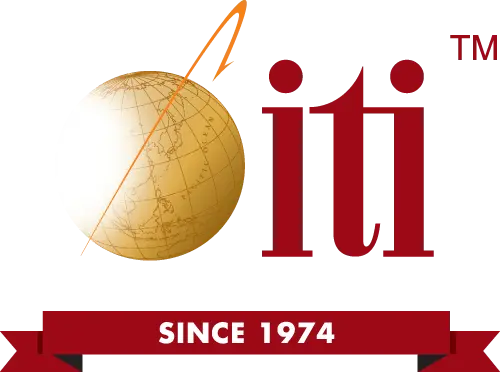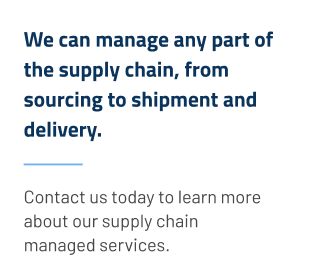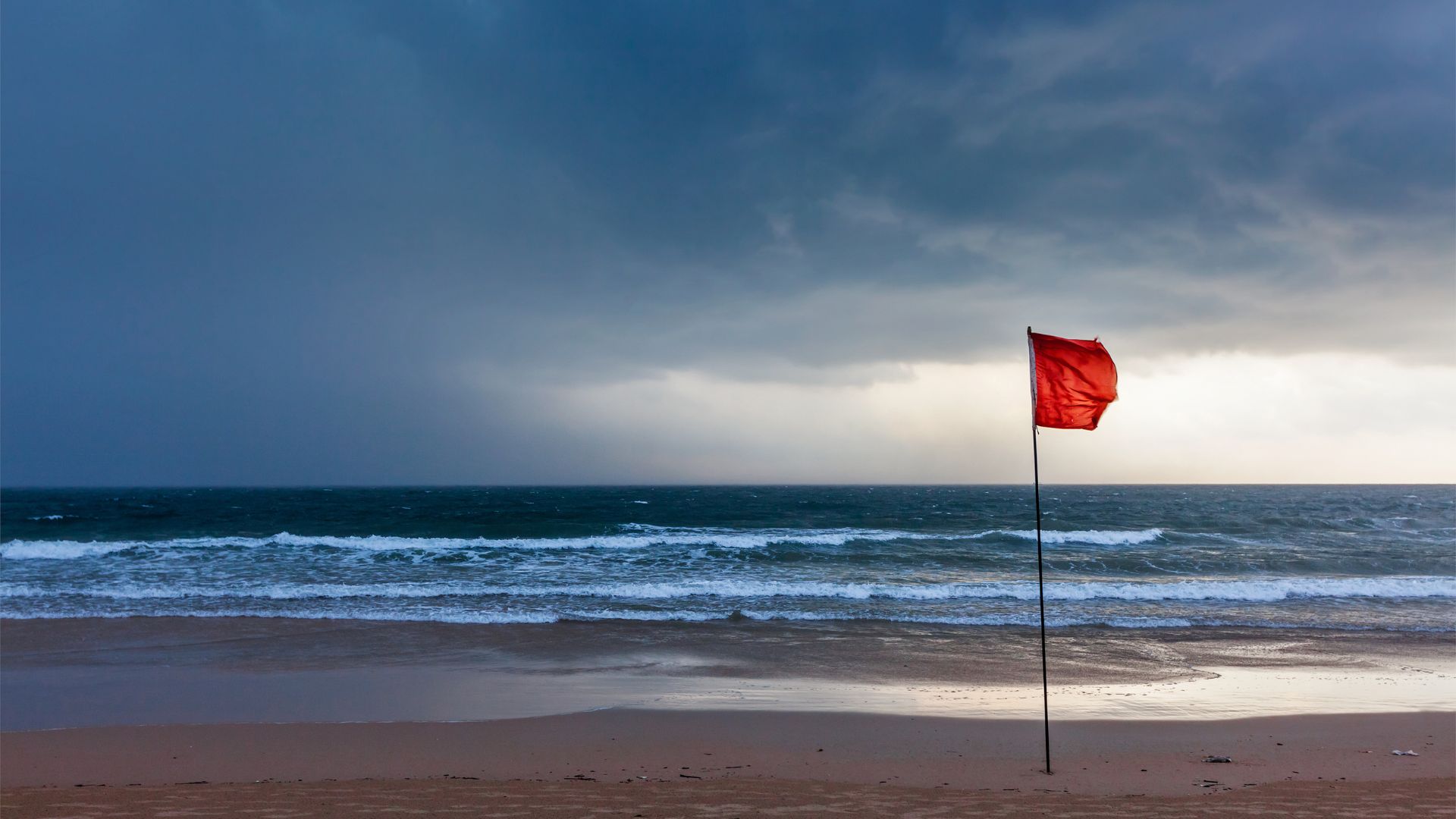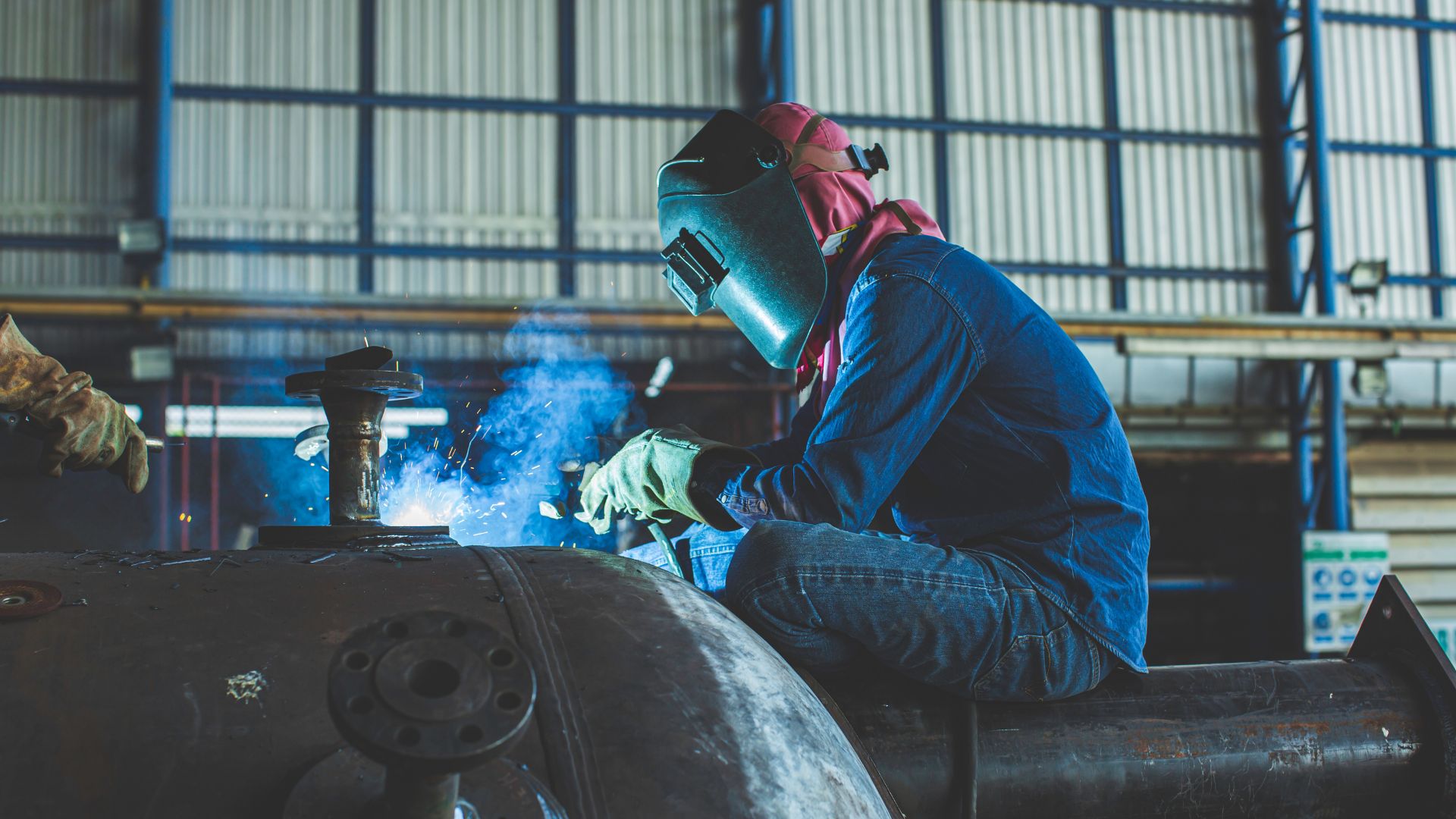Offshore OEM manufacturing companies offer an invaluable service. They handle all the offshore supply chains, allowing you to run your business. You rely on them to manufacture and deliver your products error-free promptly. As in all industries, some providers are better than others. Some have services and attention to detail that others do not. Some have a dedicated staff that visits the factory, and some do not. There are many differences between offshore manufacturing companies, and understanding the strengths and weaknesses of your current company can help you make better decisions for your business. This blog will explore nine questions you ask your current manufacturing company, to better understand their processes.
1. What is your quality guarantee?
A universal concern of offshore manufacturing companies is the quality of the products…and rightfully so! Seeing and approving a sample is one thing; receiving an entire product container is another.
You need to know what you can count on when – not if – something is not right with a shipment or part of a shipment. Things go wrong in the manufacturing process in every country, and these issues are not always immediately apparent. What makes issues with offshore products more devastating than domestic manufacturing is lost time. You need time to receive the initial delivery, then time to discover the issue(s), time to remedy the problem, and time to receive or repair the initial point.
No company can absolutely guarantee 100% error-free products 100% of the time. However, how an offshore manufacturing company reacts to manufacturing defects is essential.
Errors will happen. It’s unrealistic to think they won’t. Asking yourself, “What is your quality guarantee?” is an important question because you need to know what to expect when problems arise and what your manufacturing company will do to make things right.
2. What is Your Issue Resolution Process?
On top of an offshore manufacturing company’s stated quality guarantee, inquire about their process for handling issues. Do they have a strategy? Are they intentional in solving problems to YOUR satisfaction as quickly as possible? Do they keep track of issues? How often do they communicate the status of the issue resolution process?
On top of an offshore manufacturing company’s stated quality guarantee, inquire about their process for handling issues. Do they have a strategy? Are they intentional in solving problems to YOUR satisfaction as quickly as possible? Do they keep track of issues? How often do they communicate the status of the issue resolution process? These questions are essential because, again, issues are going to happen. You must know how the company you have trusted with manufacturing your products or components will handle problems when they arise.
3. How Often Will I Get An Update?
Communication. So critical, so simple, and so necessary… and the bane of offshore manufacturing. In the 21st Century, you would think communications would be the least of our concerns. Not so. You need to know your offshore manufacturing company’s standard operating procedure (SOP) for communicating with their customers. Is there a procedure, or is it just, “We tell you something when we think you need to know it.” Or, worse yet, “We communicate with you only if there is a problem.” Too often, timely, reliable communication is not seen as an essential part of offshore manufacturing.
With the current issues plaguing international transportation, communication is critical. International, regular, factual communication is the only way you can have any sense of control or hope to be proactive rather than reactive. Even when your shipment is delayed, currently a common occurrence, knowing as soon as possible there is a delay allows you to alert your customers so that they too can be proactive instead of reactive.
4. What Is your Process?
Offshore manufacturing is complex. The details and specifications that must be supplied and the processes that must be coordinated from start to delivery are staggering. Offshore manufacturing companies should have a documented process – a proven process – they can share with you details of how they go about manufacturing and delivering your products to you.
If your offshore manufacturing company does not have a documented process that they can share with you, proceed with caution.
5. Will I Own the Tooling?
This should be a simple question, and if the answer is anything other than a very clear, “Yes, you do.” Beware.
If you ask, “What happens to the tooling if I decide to move my manufacturing to another factory?” the only honest answer should be, “Your only additional cost is to create the tooling and transport it to the factory of your choice.” Any other response could be a problem.
You paid for the tooling, so the tooling is yours. It should be. Better make sure.
6. Can I Visit the Overseas Manufacturing Factory?
Visiting a factory to watch your product being manufactured should be engaging, fun, and very cool. You may be restricted from visiting while your product(s) is/are being manufactured; other than that, there should be no issues.
7. How Long Does it Take for My Order to Arrive?
Ask for more information if someone quotes you a specific number of days for delivery. In the current manufacturing and shipping environment, a realistic answer is, “orders are taking (X) number of days for manufacturing, and (X) number of days for transportation.” The very best any offshore manufacturing company can do right now is to tell you what the current cycle has been.
The complete process is complicated and often includes the following steps:
- Time is required upfront to digest specifications, ask questions and source the right factory for new items.
- The mold or gigs will then be manufactured.
- The sample is produced and sent over for approval.
- A second sample may be necessary after the raw materials are ordered.
- Then production begins.
- Finally, the product is loaded into a container, then on a ship, then transported and delivered.
These manufacturing steps all need to be considered when asking “how long?”
8. What Is the Minimum for an Overseas Order?
Minimum Order Quantity, or MOQ, varies by factory size, type of product, and the materials and components necessary to manufacture the product. There are also two different MOQs that need to be considered. First, the total MOQ of your completed product that the factory is willing to manufacture. The second MOQ is the minimum purchase of the material the factory’s material supplier allows.
You may need to purchase more material than is necessary for any one shipment because of the factory’s material supplier. Your manufacturer might have their own MOQ to meet, and that MOQ may be a greater quantity than needed to manufacture your order. The customer will need to pay a deposit for the overage. The factory will keep the additional material for the next order, and we will credit the customer accordingly. In that scenario, the factory should inform you of this, and the additional charge for the extra material should be in the quote clearly spelled out. There should also be an assurance the factory will store any leftover material and use it for the reorder, subtracting that material cost from the following order.
If your product is new and you only need to order the Minimum Order Quantity, then be aware that you will have to pay a higher price. As your quantity rises, your cost to manufacture will decrease.
9. How Is My Intellectual Property Protected?
Offshore manufacturing companies should treat your intellectual property like their own complete with an NDA of its own written explicitly to handle these measures. If they don’t, you should be concerned. These companies are the ones that deal with offshore manufacturing day in and day out, and if they do not have an NDA that addresses the uniqueness of offshore manufacturing, be cautious.
A good follow-up question is: “Are the intellectual property protection agreements between your company and the offshore factories you deal with written to adhere to the laws in that particular country?” The only correct answer is “Yes.”
Ask ITI Manufacturing
These questions are essential for any new or existing company to ask. ITI Manufacturing can answer “Yes” to all of them. We have been representing our customers for over 45 years in a myriad of countries. Our service goes well beyond product. If you want consistent updates, intentional issue resolution, and straightforward responses to your questions.
- Our manufacturing defects protection policy is straightforward.
- Our issue-resolution process is intentional and documented.
- Every customer gets updated a minimum of once a week.
- Our Proven Process is recorded and published: ITI’s Proven Process – ITI Manufacturing.
- You own the tooling, no question.
- We encourage factory visits.
- Our team sets realistic timeframe expectations and updates you regularly.
- We educate you on MOQ and how it impacts your particular project.
- ITI protects your intellectual property as our own and has an NDA written specifically for offshore manufacturing.






